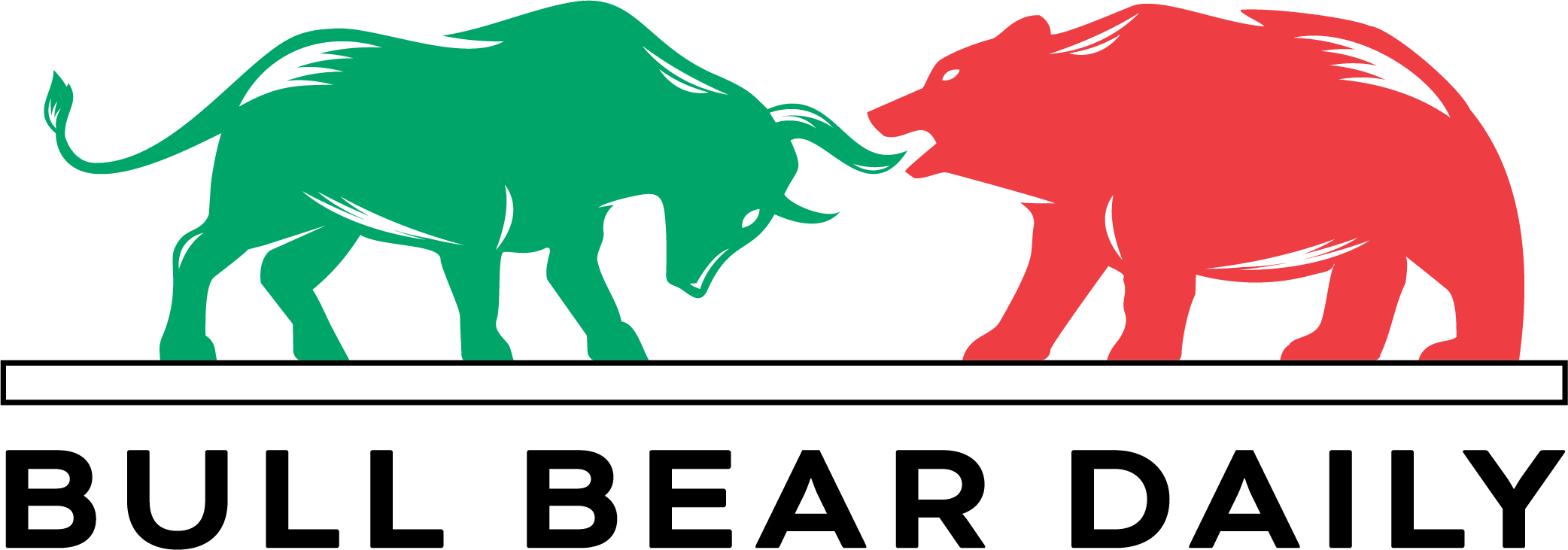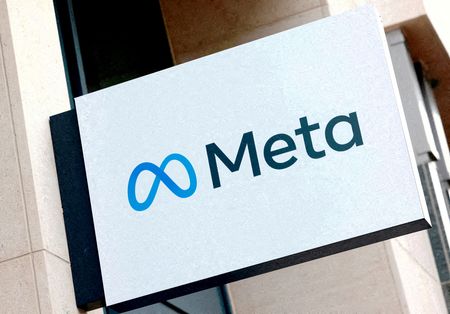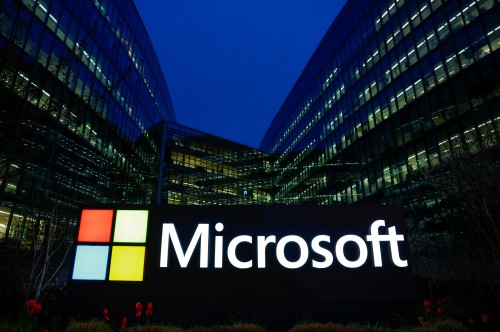WASHINGTON (Reuters) -Meta Platforms, which owns WhatsApp, Instagram and Facebook, lost the latest round of a court battle over privacy on Monday after a federal judge ruled a U.S. regulator can seek to reduce the amount of money the social media company makes from users under 18.
Judge Timothy Kelly of the U.S. District Court for the District of Columbia denied a motion filed by Meta for the court to take over the dispute with the U.S. Federal Trade Commission (FTC).
In May, the FTC accused Meta of misleading parents about how much control they had over who their children had contact with in the Messenger Kids app, among other issues.
The FTC proposed changing a settlement reached in 2019 which required Facebook to pay $5 billion. The FTC said it would tighten that to bar Facebook from making money off data collected on users under age 18, including in its virtual reality business. It would also face expanded limitations on using facial recognition technology.
Meta gets more than 98% of its income relying on digital ads targeted using personal data. Meta is battling short video app TikTok for young users’ attention.
A study done in early 2023 by the Pew Research Center found that 62% of teens aged 13-17 reported using Instagram while 17% reported using WhatsApp.
The FTC has argued it was up to the agency to decide whether its settlements should be changed and that the district court had no jurisdiction. A commission decision can be appealed to the relevant appeals court.
Meta said in a statement that the FTC’s allegations about children and privacy were “without merit.”
“We are considering our legal options in light of the Court’s ruling and will continue to vigorously fight the FTC’s unlawful attempt unilaterally to rewrite our agreement,” a spokesman for the company said.
The FTC declined comment.
The FTC has twice before settled with Facebook over privacy violations.
The first was in 2012. Facebook agreed in 2019 to pay a record $5 billion fine to resolve allegations it had violated the 2012 consent order by misleading users about how much control they had over their personal data. That order was finalized in 2020.
The agency also asked a federal court in 2020 to order Facebook to sell Instagram, which it bought for $1 billion in 2012, and WhatsApp, which it bought for $19 billion in 2014. The case has not yet gone to trial.
(Reporting by Diane Bartz; Editing by Angus MacSwan and David Gregorio)


